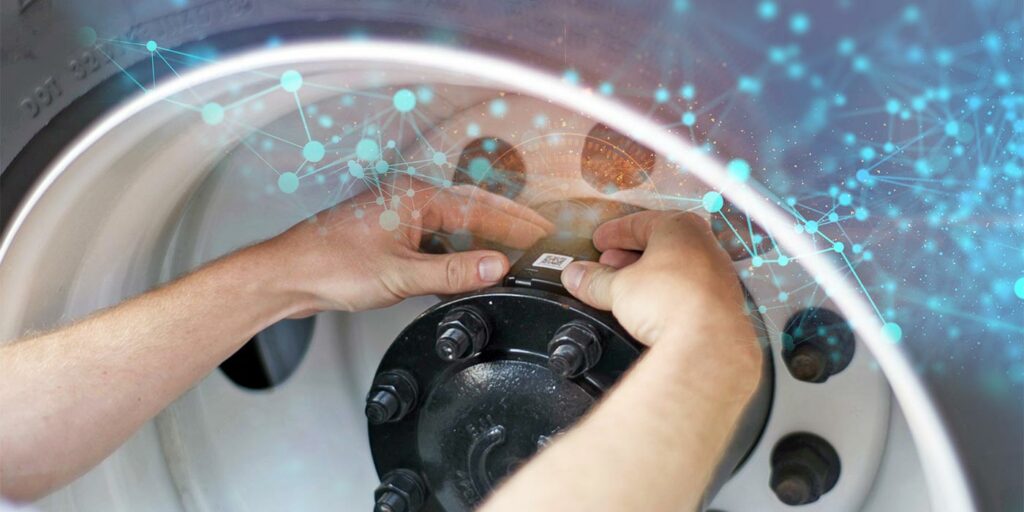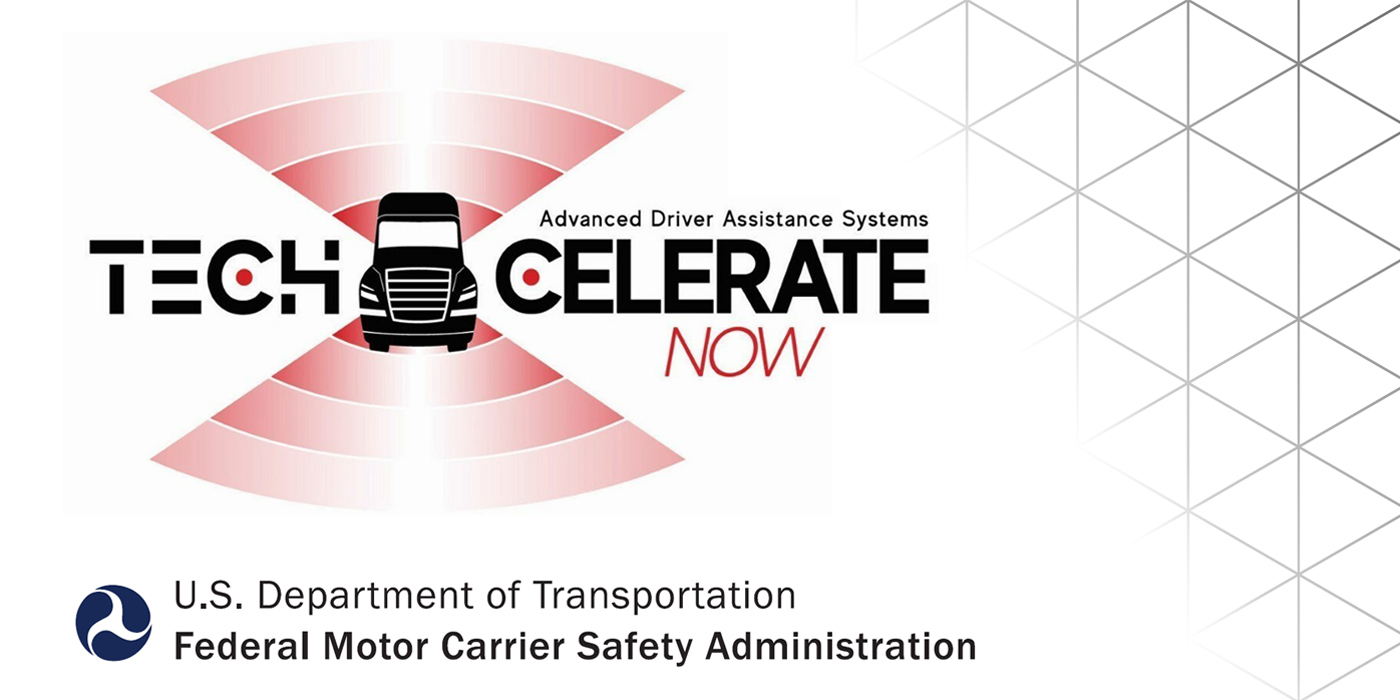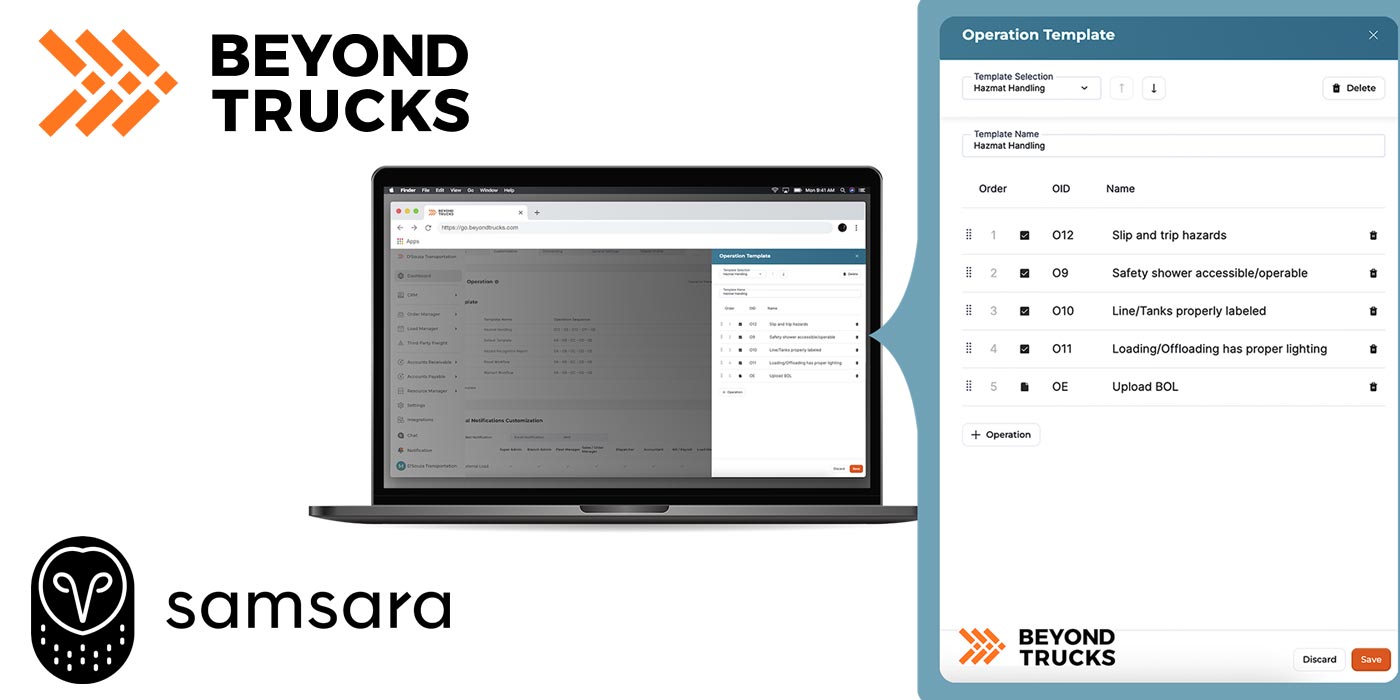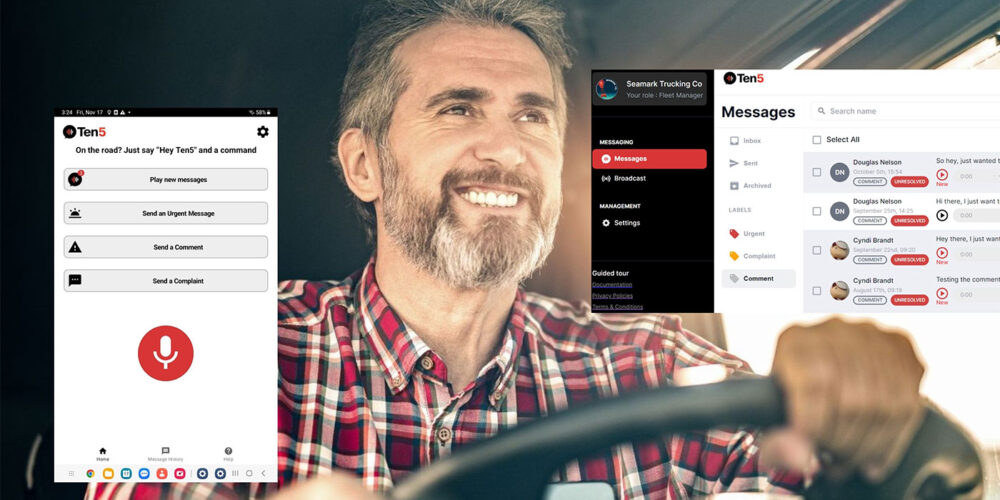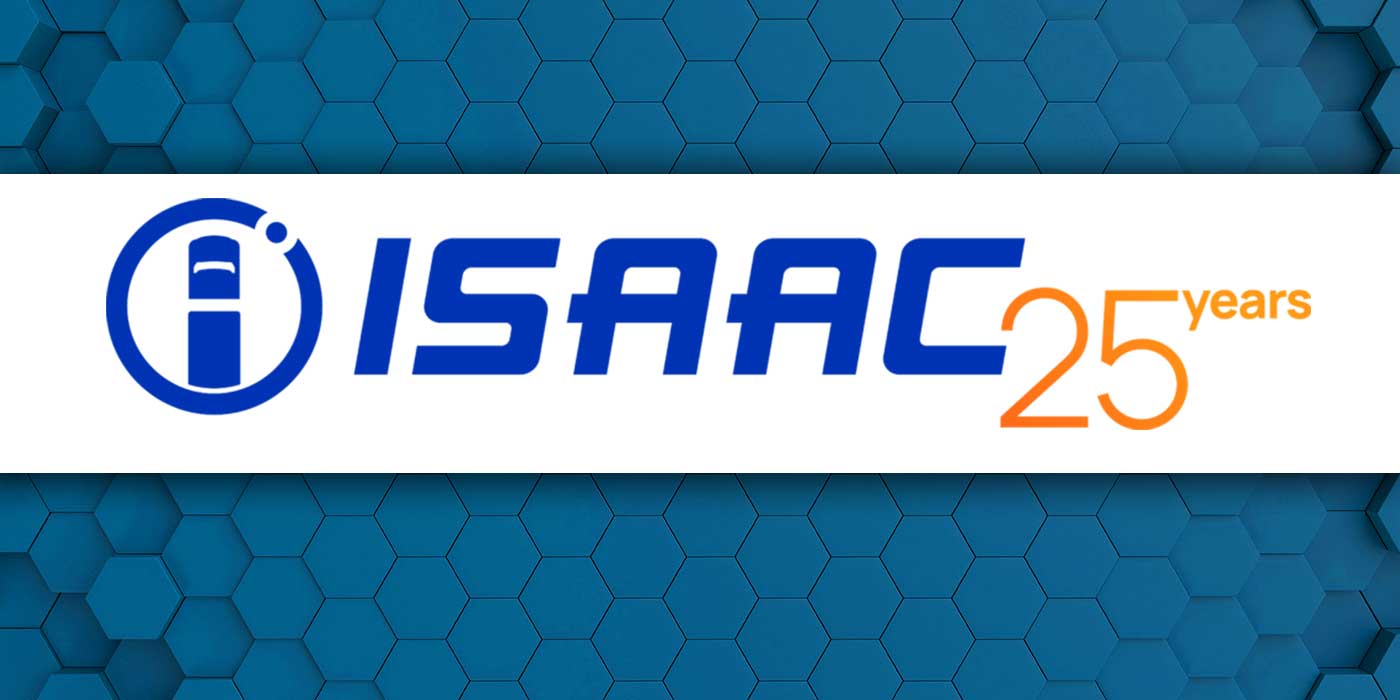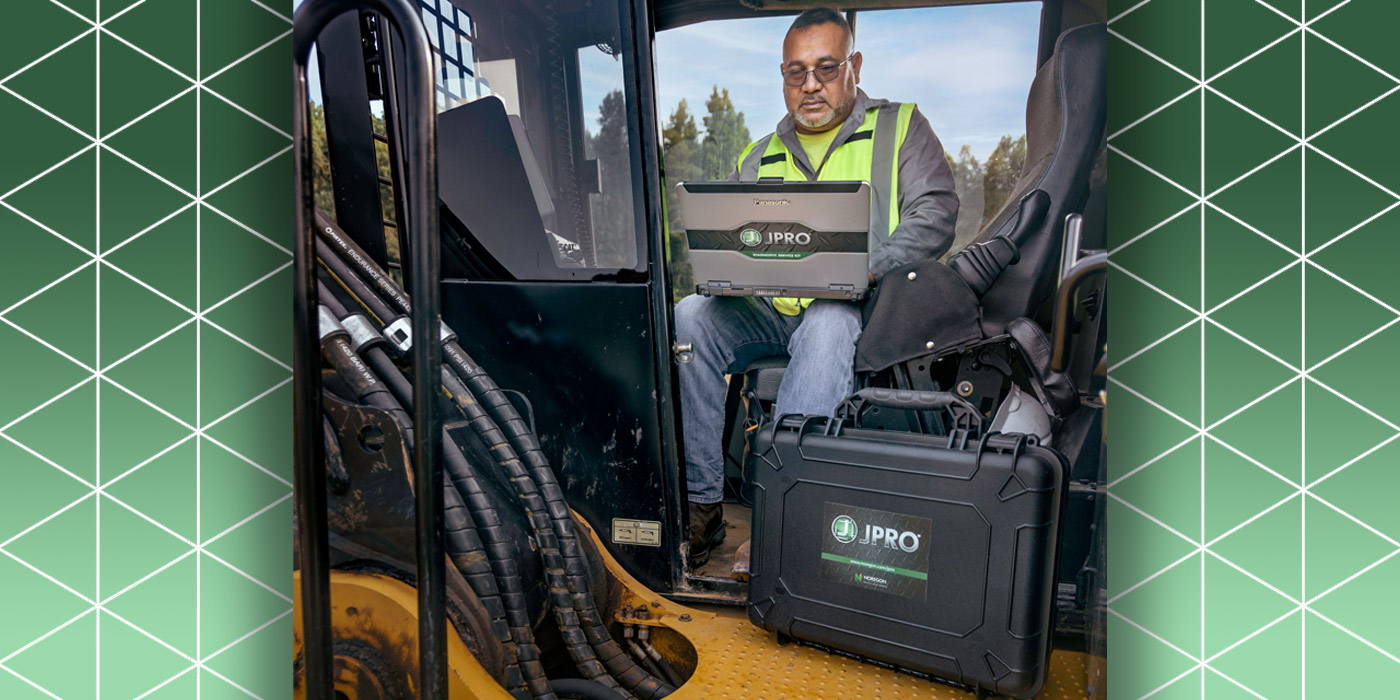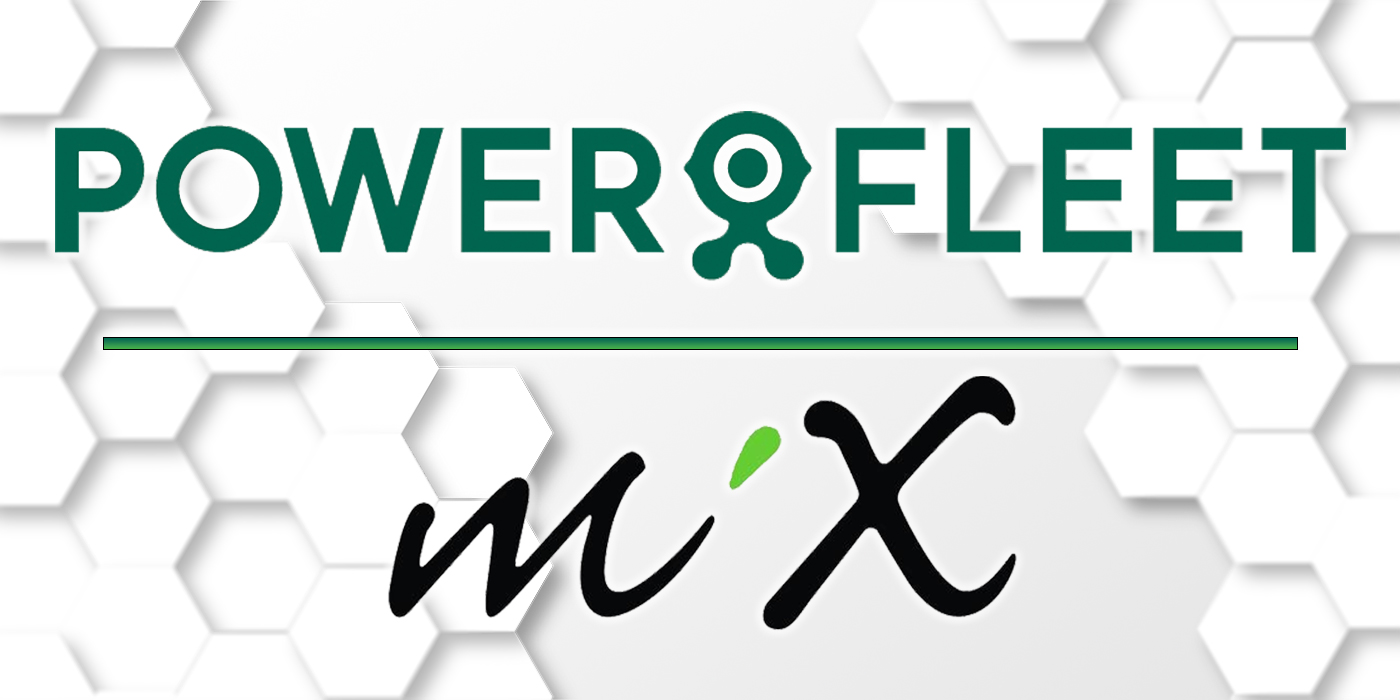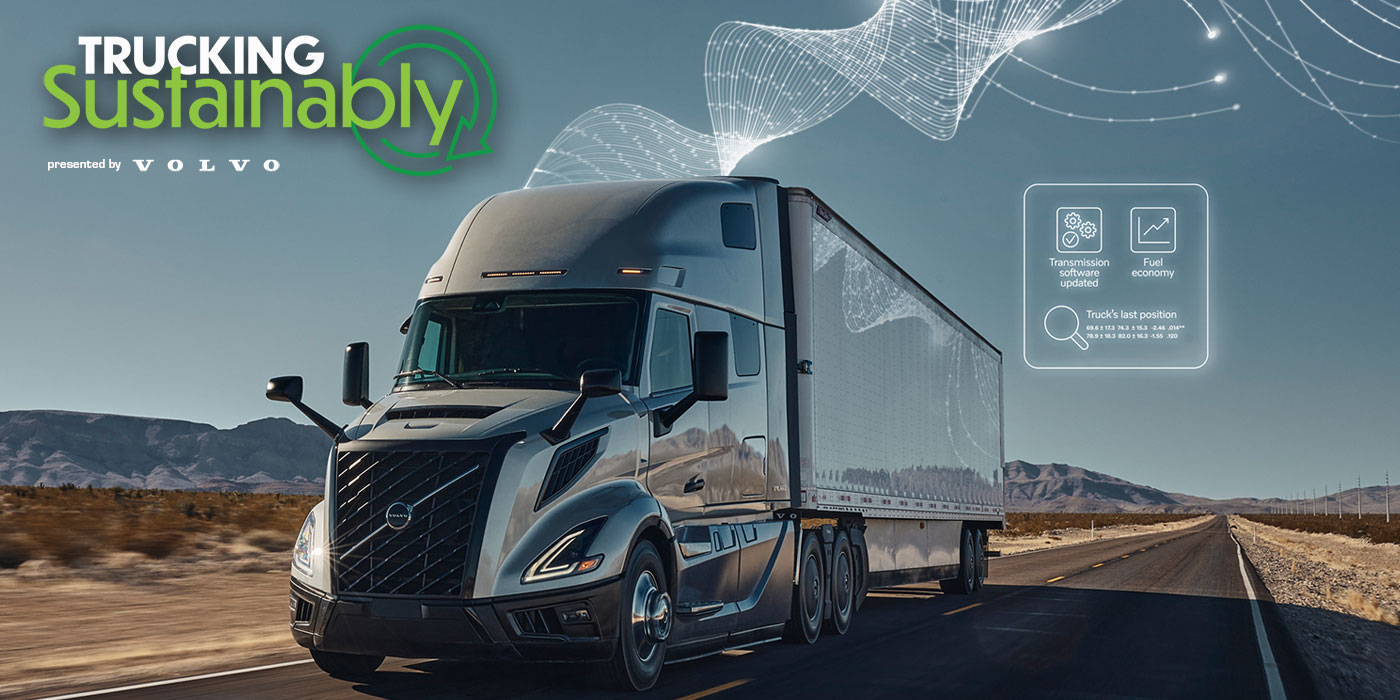In commercial trucking you can’t leave anything up to chance. You need your fleet operating safely and at peak efficiency, always. More than ever, heavy-duty vehicles are using integrated technologies to collect data that can provide key insights to improve safety, efficiency and overall vehicle health. Now that tractors and trailers are online and collecting data, you don’t necessarily need to bring them into the shop to understand what’s going on. You can use data to interpret how your vehicle is performing and forecast potential problems before they leave you on the side of the road.
As an example, smart wheel hub assemblies are a key technology for accumulating overall vehicle health data. Everything from hub bearing to hub seal health, wheel end temperature, tire wear, tire or brake imbalance, tire inflation and much more can be measured by sensors on the wheel end. Additionally, these findings are important for fleets today because they provide more insight to fleet managers who can make smarter maintenance decisions, improve uptime and increase overall safety. Fleet managers can identify and fix issues before they escalate, such as imbalanced tires, tire leaks and flat spots.
All of this helps pave the way for autonomous vehicles, although “current best estimates show a slow shift toward Level 4 systems even in trucking, one of the easier use cases, with only limited use by 2030,” according to an MIT study.
Measuring the fleet’s wellness with smart technology
Standard preventative maintenance schedules, daily visual inspections and engaged drivers may not be enough to prevent costly wheel end events from sidelining your vehicles en route. Costly problems include:
● Roadside tire repairs at approximately $1,150 per event;
● Unplanned maintenance at approximately $3,750 per event (up to 4 times the cost of regular maintenance);
● Catastrophic thermal events at $400,000 per event; and
● Catastrophic wheel-offs at up to, and sometimes more than, $1.5M per event.
All of this is preventable.
With smart technology, you can identify issues and take action before they escalate, and apply your learnings to an entire fleet in real time with more immediacy and certainty than you could previously. Interconnected parts sending signals to the driver have existed for decades. But the latest wave of smart technology is a game-changer for a few important reasons.
First, we can now aggregate data across an entire fleet. Whereas we once analyzed trucks on a case-by-case basis, today we can look for trends for an entire group of trucks, and across groups, which creates new opportunities to predict maintenance needs and improve purchasing decisions.
For example, now you can know if a particular truck with a specific powertrain package performs better in certain geographic areas. You’ll know exactly if a driver is overusing brakes or isn’t maximizing fuel efficiency. Finally, by identifying faults, operations have better visibility whether an alert has a high chance of becoming a more serious issue and avert a more costly failure.
Data from wheel hubs, in particular, is transforming the industry.
Beto Dantas is the chief technology and innovation officer at ConMet.

